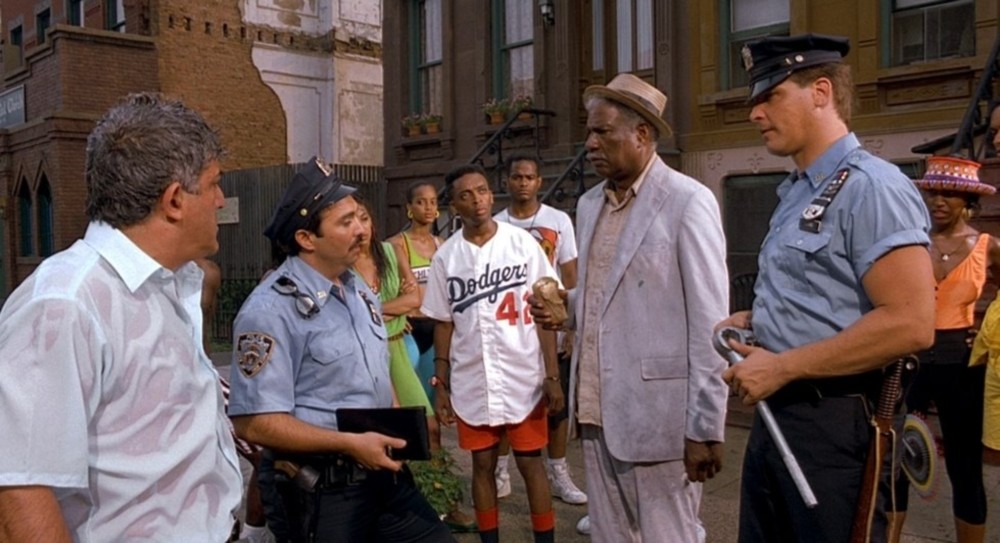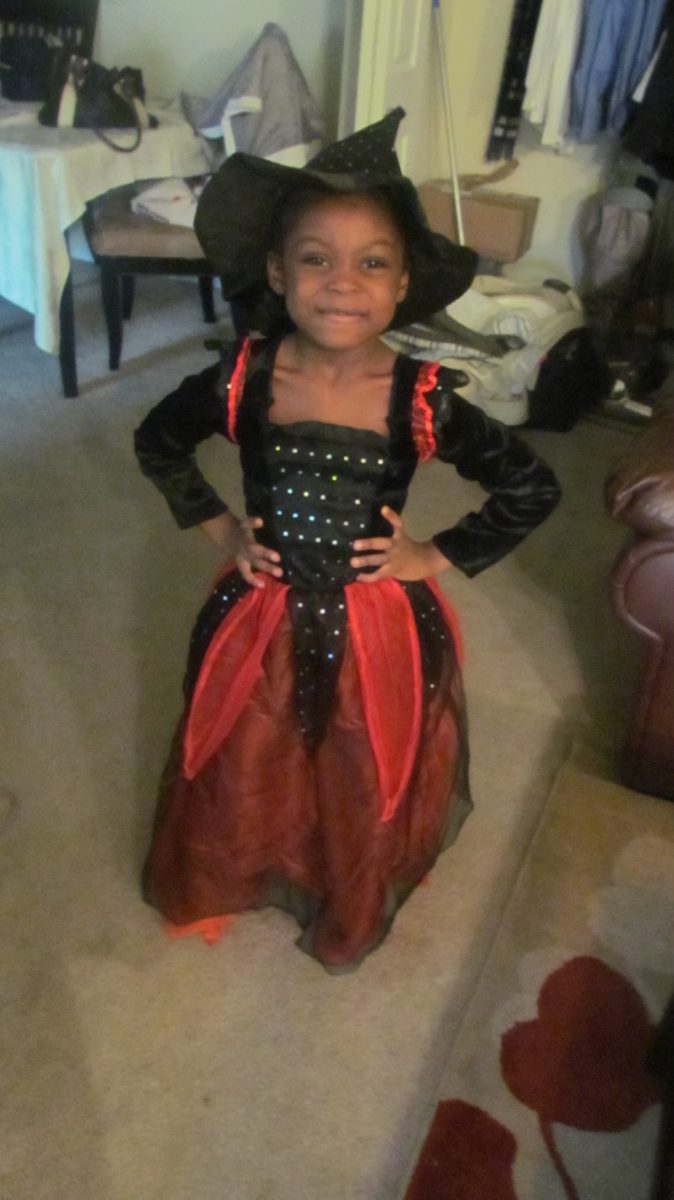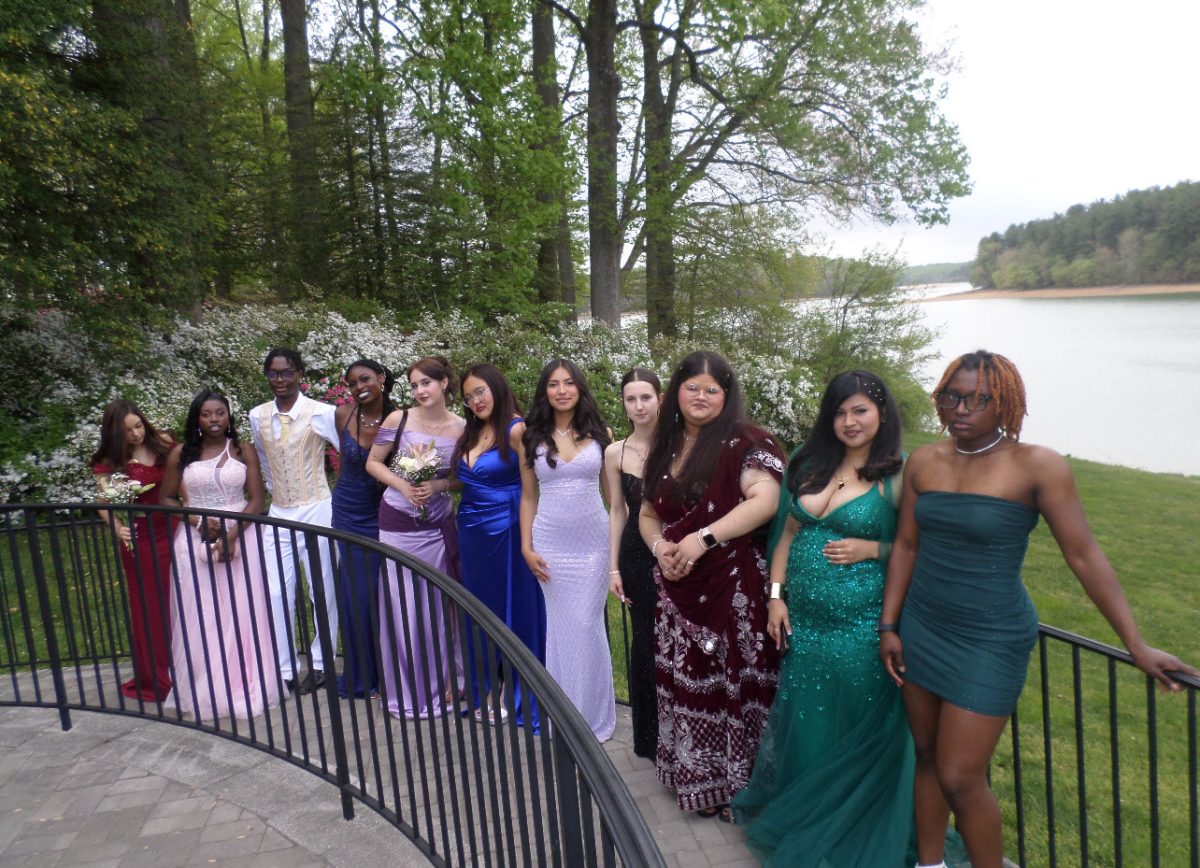To be a black woman is to exist beyond a single definition, a reality that has been a blessing and a curse simultaneously. My excursions into various subcultures and fashion became a reprieve from the confines of the prescribed roles society assigned me. Through labeling myself as alternative, thrifting clothes and collecting vinyls, I sought to relinquish what was stolen from me every time I was discriminated against or entirely overlooked. However, as individuality and eccentricity have transformed into a form of social currency in light of social media, these subcultures and their purposes have become increasingly performative, in lieu of their original purposes to provide an outlet to the disenfranchised.
The best comparison I can use is MTV, a beneficiary of revisionist history. Upon its formation in the early 80s, it broadcasted solely white rock and roll (a genre that was created by black people). Despite numerous pleas from lesser known black artists to also have their work spotlighted on the cable channel, MTV refused. It wasn’t until Michael Jackson called them out on their blatant racism did they acquiesce. His album “Thriller” captured the zeitgeist and became the largest selling album of all time, a feat that opened the door for other black artists to reap the benefits of exposure. It’s worth noting that MTV’s acquiescence wasn’t a symbol of progress, rather a calculated move to profit off the talents of black artists, a business tactic that evidently allowed them to be culturally relevant.
How does this relate to social media, you may ask? As the current state of the economy forces us to monetize our interests, many have profited from subcultures. This isn’t immoral in theory; however, the algorithm of many social media is engineered to market those who are considered more “palatable” to viewers (white, rich, straight, thin conventionally attractive) and force feed you consumerism.
This cycle taints the original idea of subcultures: to enjoy life wholeheartedly, unburdened by a strict set of rules to validate your identity and interests. This process not only alienates marginalized people who were integral to the development of these movements– but also fosters a pervasive conformity, a stark paradox in an era where aesthetics are used to create a sense of individuality. Witnessing grunge, an ideology rooted in anti-consumerist principles, be reduced to buying a cheaply made black and green sweater (that is likely the output of slave labor) is particularly disheartening.
It’s important to recognize that falling prey to this kind of exploitative marketing is entirely understandable-it’s designed to be effective. My frustration lies more with businesses that exploit the insecurities of the young, impressionable teens. Like many of my peers, I’ve navigated the allure of platforms like SHEIN and Temu, often under the misguided belief that accumulating clothes would diffuse an already fragile sense of self. I just ask that you consider the broader implications of your consumption and perhaps pause before engaging further in this cycle.






















